Text
Justice includes economics.
Historically black areas the average black family can no longer afford:
Central District, Seattle

Bayview-Hunter’s Point, San Francisco

Bedford-Stuyvesant, Brooklyn
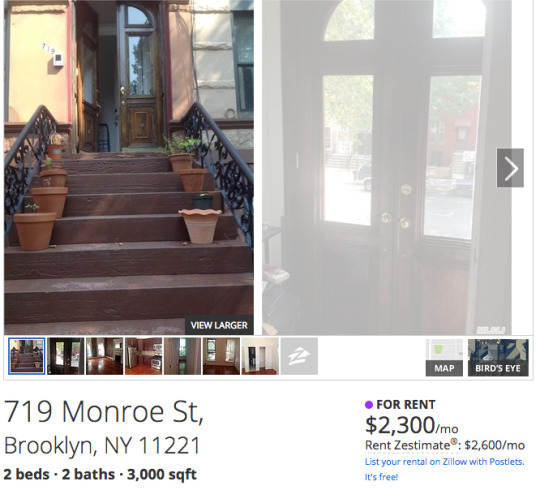
Central East Austin, Austin

Point Breeze, Philadelphia

Harlem, New York

Bywater, New Orleans
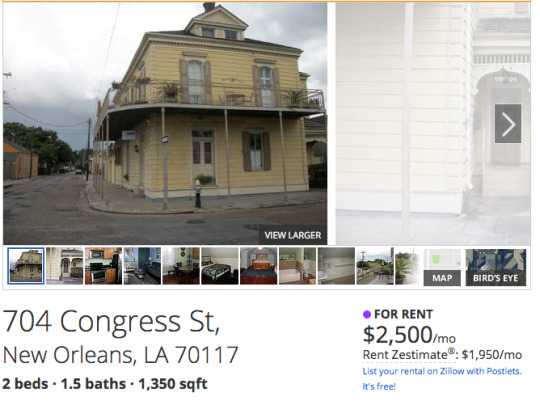
U Street Corridor, Washington, D.C.

Greater Third Ward, Houston
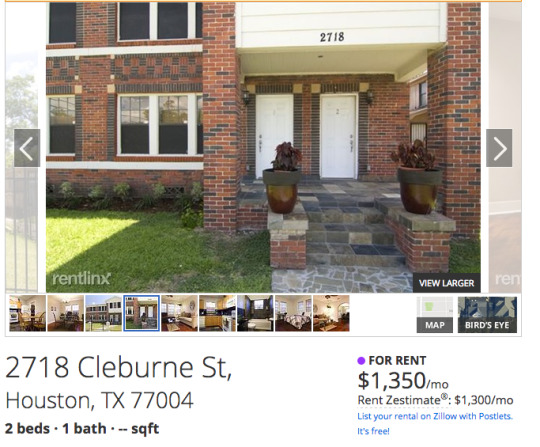
According a 2013 U.S. Census report, the average black family earned $34,958 versus the average for all races of $51,939. For the average black family living in cities, this distinction means rent prices are simply too high. Gentrification is a cycle.
18K notes
·
View notes
Link
Who is listening? Can we handle this?
#forgiveness#unconditionallove#The Black Church#black liberation theology#jamilah lemieux#the nation magazine#EmanuelAME#Charleston#south carolina
0 notes
Photo
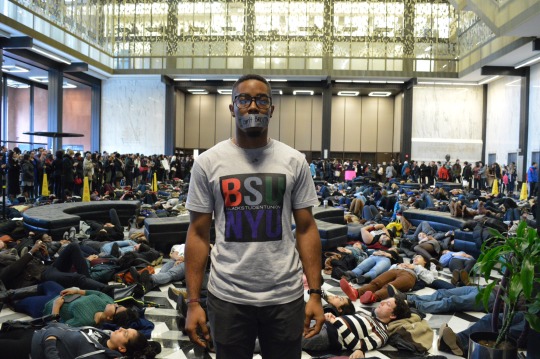
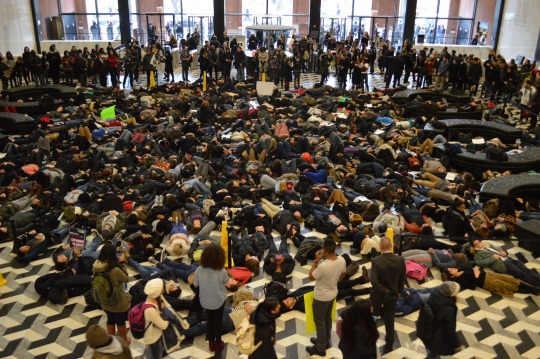
Andre Ross, NYU ‘15 from the Black Student Union at NYU (Top) and more than 400 students, faculty and Affiliate Student Christian Movement of New York Chaplain Min. F. Romall Smalls, join in a Die-In to protest racial injustice locally in NYC and around the nation in the central lobby of Bobst Library in Greenwich Village on Dec. 11, 2014 (Bottom).
-Photos by Peter Slattery
#faith in action#new black theology leaders#eric garner#michale brown#trayvon martin#renisha mcbride#tamir rice
7 notes
·
View notes
Link
Soul Music for a NEW Civil Rights Movement. Be Free!
#faith in action#j cole#david letterman#hip hop#protest#ferguson#hands up don't shoot#michale brown#be free
7 notes
·
View notes
Video
youtube
New Black Theology Leader, Rev. Neichelle Guidry Jones and the congregation of Trinity United Church of Christ in Chicago, Ill. protest the on going injustice in the U.S.
#BTLI#trinity united church of christ#chicago#black liberation theology#black lives matter#eric garner#michale brown#ferguson#hands up don't shoot#I Ca
3 notes
·
View notes
Quote
The Black Faculty of Garrett-Evangelical Theological Seminary’s Response to a Theological Crisis
A Statement to the Christian Church
The recent killings of unarmed Black men by several police officers during the past few months, as well as the character assassination which followed, remind us of how little Black lives can be valued by the very authorities who have sworn to protect them and their communities. This crisis concerns us because, as African Americans, we know that it is related to the devaluation of the well-being and personhood of Black people seen throughout this nation’s history. Moreover, as theological educators, we know that such devaluation has more often than not been legitimated by Christian practices that are in some way grounded in white supremacy. While not the only root of this current problem, the long complicity of the Church with the devaluation of Black bodies and Black life is undeniable.
We, the Black faculty of Garrett-Evangelical Theological Seminary now write to deplore the legal and political systems that render the lives of Black people expendable in the eyes of the law, as well as the escalating culture of actively debasing Black people in which these systems operate. Moreover, we specifically call attention to the ways in which a general sentiment of anti-Blackness permeates much of our public lives. That anti-black sentiment is expressed even against those black persons who are at the highest levels of our political system, and it has entered our national discourses in ways not seen in several decades. It is our conviction that all of this negativity has, among other things, created a climate in which unarmed black victims can be demonized and basically blamed for their own deaths. As a result, there is a cultural callousness that allows the residents and authorities of many towns and localities to believe that there should be no consequence for the killing of unarmed Black persons. The devaluation of Black people is seen also in public pronouncements about these current events made by some churches explicitly, and in the deafening silence of an even larger number of churches implicitly.
By these sins of commission and omission, the Church creates the impression that whether black lives matter is an open question. Therefore, we call on the Church to repent and begin the work of separating itself from the idolatrous bondage to white supremacy. The Church should do this work by publicly standing with the families of Michael Brown, Eric Garner, Tamir Rice and others, as a material demonstration that the Church is convinced that Black life matters. Furthermore, we call on the Church to announce this change through its proclamations and the ordering of its communal life. The Church should support those who protest against these injustices, and recognize their protests as clear evidence that the Holy Spirit is moving in our midst at this moment in history (Acts 5:38-39). We call upon the Church to do this work within its walls and in the world.
We make this statement in the strong conviction that this is indeed a moment of theological crisis for the Christian Church. The gods of white supremacy are inconsistent with the God of Life who brought all things into being, who values Black life, and who desires that all people of goodwill do the same.
Signed Tuesday, December 9, 2014
The Rev. Dr. Cheryl B. Anderson
The Rev. Dr. Larry G. Murphy
The Rev. Dr. Reginald Blount
The Rev. Dr. Stephen G. Ray, Jr.
The Rev. Dr. Gennifer Brooks
The Rev. Dr. Cynthia Wilson
The Rev. Dr. Angela Cowser
The Rev. Dr. Linda Lee (Retired Bishop,
The United Methodist Church)
#black liberation theology#faith in action#eric garner#michale brown#trayvon martin#renisha mcbride#islan nettles#chicago
16 notes
·
View notes
Text
My Thoughts on Black Theology
Black theology is not merely a black construct, but a means to express and chronicle black experience(s) with God. Additionally, black theology is a response to and an emergence from the racist theological construct by white Christians. Black theology is our "authentic" narrative that articulates our personal relationship with God who liberated us from those who identified themselves as Christians too. Furthermore, it reveals our identity as African Americans whose identities were stolen. Identity is important to God, thus the reason He chose a people and a nation so that He could be identified from the other false gods. As a result, black theology is our identity connected through our adoption into the Abrahamic covenant and our willful and intentional disconnection from the European-influenced deception of the imago dei constructed and then painted by da Vinci. Black theology is our black God talk; FUBU (For Us By Us) and is a theology born in America.
-By Min. Marty Quick, M.Div.
Journey United Methodist Church
Columbia, SC
11 notes
·
View notes
Video
youtube
"Who's Looking For Me?"
"Who's Looking for Me?" Spoken Word - In memory of my mom Dorothy Molex Oct 1952-Aug. 2006 and my cousin Glenn ("Baby G") Molex June 2003 -Dec. 2003 (7months old) a life lost due to gun violence and a stray bullet.
-Romal Tune, M.Div.
CEO of Faith For Change
Author of "God's Graffiti"
4 notes
·
View notes
Text
Continue to Speak Truth to POWER
So here is the challenge for all of us who seek to study and live out #BlackLiberationTheology; no matter where you go or what you do, whether it is at historically white elite institutions, historically African American institutions or anywhere else in between, you have the responsibility to speak TRUTH TO POWER. Don't back down and don't sell out. If you are going to talk the talk, then WALK the walk. Put this unabashedly African American centered theology into ACTION. In addition, at some point African American people will have to realize that if we really seek true liberation, we will have to build and sustain our own schools of theology, institutes and programs to promote and teach African American Liberation and Womanist Theology. Like Sister Audre Lorde said, "The master's tools will never dismantle the master's house."
-Min. F. Romall Smalls, M.Div.
Associate Minister for Social Justice
Grace Baptist Church
Mount Vernon, NY
#StayWoke
4 notes
·
View notes
Quote
The Black Theology Leader's Public Statement is listed as a resource on the PBS program, Religious & Ethics Weekly's March on Washington's 50th Anniversary-#MOW50 page. Click here to see...
http://www.pbs.org/wnet/religionandethics/2013/08/23/august-23-2013-march-on-washington-50th-anniversary/19795/
#mow50#R&EWeekly#BlackTheologyLeadersStatement#PBS#social justice#Religion#faith#rev. martin luther king jr.#Black Theology Leader's Statement#Trayvon Martin
3 notes
·
View notes
Video
"We are the inaugural participants of the Black Theology and Leadership Institute (BTLI) at Princeton Theological Seminary. We draw strength from the prophetic tradition of our ancestors, who through their faith in God, committed acts of justice that challenged the powers and principalities that plagued the lives and humanities of Black people in America..."
#Trayvon Martin#Black Liberation Theology#Black Theology#March on Washington#Social Justice#Religion#Faith#African American History#National Comittee of Black Churchmen#NCBC#Leadership#Theology#Black Theology Leader's Statement
4 notes
·
View notes
Photo
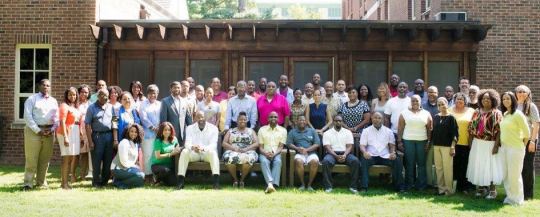
The Inaugural Black Theology & Leadership Institute Fellows at Princeton Theological Seminary. July 2013.
#National Comittee of Black Churchmen#Black Liberation Theology#freedom fighters#Black Theology Leader's Statement
3 notes
·
View notes
Text
A Message for the People
Black Theology Leader's Statement: A Prophetic Call to Action
Press Contact: [email protected]
We are the inaugural participants of the Black Theology and Leadership Institute (BTLI) at Princeton Theological Seminary. We draw strength from the prophetic tradition of our ancestors, who through their faith in God, committed acts of justice that challenged the powers and principalities that plagued the lives and humanities of Black people in America. We are a body of emerging Christian scholars, ministers and community advocates, who embody a diversity of ages, racial and denominational backgrounds, and sexual orientations. We are compelled to speak on the urgency of this moment, and to call communities and institutions to a higher ground of accountability and action.
We recognize this providential timing, and are seizing the opportunity to offer this collective response to the lived reality of America including the events surrounding the murder of our brother, Trayvon Martin.
The continual miscarriage of justice in this nation is not simply the result of flippant laws. Rather, it is symptomatic of a sociopolitical system that devalues and dehumanizes the lives of Black Americans.
The reality is that a few are able to stand their ground while most, 50 years after the historic March on Washington, are losing ground.
Concurrently, we now find ourselves under the burden of oppressive laws and public policies, which disproportionately affect African Americans, other people of color and the poor. In this moment of political, social and emotional bewilderment, we are calling on you to resist the stagnation that often results from constant grief, and pay emboldened and embodied attention to the blood that calls from the ground in Sanford, Florida, and throughout the nation.
As persons of faith, we acknowledge and appreciate the power and the role of prayer in our faith communities. Due to the injustices that distinguish this present moment, we implore you to engage your respective communities beyond prayer and into the realm of prophetic action. We are urging you to commit or re-commit yourself to the work of justice.
We suggest:
• Get informed about the policies that affect your communities and our nation.
• Organize your congregations and communities to do local acts for social justice.
• Host an event to raise awareness around a particular social justice issue, e.g.:
• host a movie night featuring a documentary about the civil rights or social justice movements, distribute a fact sheets about social justice or policy issues, etc.
In conclusion, we recommend that you read the book titled, To Serve This Present Age: Social Justice Ministries in the Black Church (Valley Forge: Judson Press, 2013) by Danielle Ayers (a BTLI Fellow) and Reginald W. Williams, Jr. for practical insights on mobilizing and organizing around social justice issues.
In solidarity and faith in the God who prompts us to love kindness, do justice, and walk humbly.
Signed by the Members of the Inaugural Black Theology and Leadership Institute Inaugural at Princeton Theological Seminary, Princeton, NJ, July 19, 2013.
See Our Statement on YouTube Video @ http://youtu.be/6DV0O60G9iY
Inaugural Black Theology & Leadership Institute Participants
Danielle Ayers
Min. Corey Bland, M.Div.
Min. Chrystal M. Bolden, MS.Ed, MPA
Rev. William Brewer
Jessica Brooks
Tierre Brooks
Rev. Lacette Cross, M.Div.
Rev. Cece Jones-Davis, M.Div.
Rev. Dorth P. Edwards, Jr., M.Div.
Ericka Elion
Rev. Charles L. Fischer, III, M.Div.
Rev. Frederick Gaddy, M.Div.
Chaplain Debra Haggins, M.Div.
Rev. Cedric A. Harmon
Darrell Harrison
Rev. Neichelle R. Guidry Jones, M.Div.
Katherine LaBoy
Min. Naomi Christine Leapheart
Rev. Dr. George Luster, IV
Pastor Darek McCullers
Dr. Tony McNeill
Valerie Parm, M.Div.
Rev. Dennis Patterson, M.Div.
Seretha Renee Pearsall, M.Div.
Rev. Gregory L. Perkins
Evangelist Delois Prince
Martin Luther Quick
Pastor C.J. Rhodes, II, M.Div.
Rev. Phoebe A. Roaf, JD, M.Div.
Min. Larrin Robertson
Min. F. Romall Smalls, M.Div.
Rev. Gregory K. Stanislaus, M.Div.
Mary Stevenson, JD, M.Div.
Rev. Anthony W. Sullivan, Jr.
Rev. Harry Elliot Taylor, M.Div.
Rev. Wilma Lynette Taylor, M.Div.
Min. J.T. Thomas, M.Div.
Rev. Akeem Zarell Walker, M.A.
Darryl Walker, MBA
Min. Bryson White, M.Div.
Min. Latrece Williams-McKnight
Pastor Jack C. Witt
Ava Gabrielle-Wise
Disclaimer: The views and opinions expressed in this public statement do not necessarily reflect the views and opinions of Princeton Theological Seminary, it’s School of Christian Mission and Vocation or it's affiliates.
#Trayvon Martin#National Comittee of Black Churchmen#Black Liberation Theology#Social Justice#freedom fighters#Black Theology#Black Theology Leader's Statement#Dr. James Cone#M.Div.#Ph.D.#D.Min.#MBA#MPA#M.Ed.#Dr. Samuel DeWitt Proctor
2 notes
·
View notes